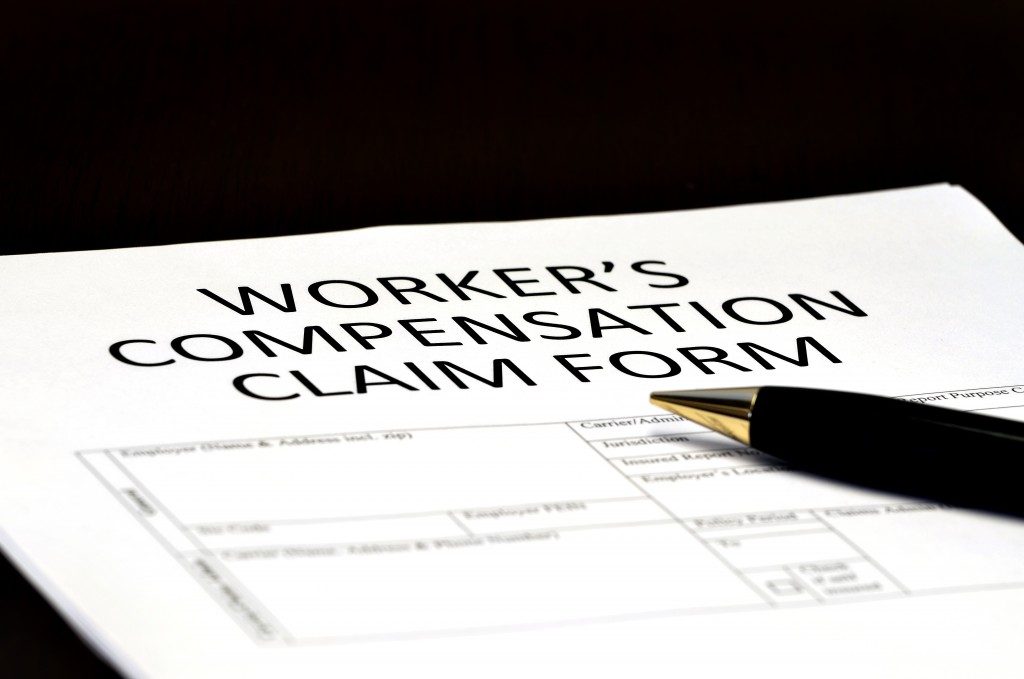Paying for disability insurance means you are paying for coverage if ever something happens to you. But what do you do if your disability insurance claim gets denied?
Getting injured or ill is already stressful enough; you don’t want insurance problems to add to your list of woes. If you file for a disability claim and it comes back denied, does that mean the end of your chances of getting coverage? Before you call a reputable bad faith insurance lawyer in Los Angeles or any other city, here’s what to do if your disability claim is rejected:
Find out why your claim was rejected
If your claim gets denied, don’t lose hope immediately. When you receive that rejection letter, find out why you were denied. It may be one of these most common reasons:
1. Not enough medical evidence
One of the most common reasons disability claims are denied is the lack of sufficient medical evidence. If this is the case for you, review your insurer’s list of medical requirements and see if you’ve missed anything. When in doubt, speak with your doctor about it.
2. Incomplete or wrong information on claim forms
Fortunately, this type of denial is fixable, but you would need to file the claim again. Make sure you read the instructions carefully and fill out all the required fields in the forms.
3. Failure to undergo a medical exam
Your insurer may require you to go to a third-party physician for a consultative exam. If you don’t show up, your claim will probably be denied.
4. Your case does not warrant coverage
You may not have the ability to do your previous work because of your injury or illness, but that doesn’t automatically mean you cannot do other work. Since this can be a highly subjective matter, it’s recommended that you speak to a lawyer about it.
Send an appeal
Luckily, you are legally allowed to appeal an initial denial to your insurance company. If you have disability insurance from a private insurer, review your policy to see the appeal requirements and check if you’ve missed anything with your first claim. If the policy confuses you, approach a lawyer that specializes in disability claims.
Determine if your claim was wrongfully denied

If you feel that your claim was wrongfully denied, consult with a lawyer as soon as possible. In the case of a bad faith disability claim denial, your insurer may be handling your claim unfairly.
Here are some examples of bad faith insurance conduct to look out for:
- Failure to investigate the disability claim thoroughly
- Deliberate misinterpretation or deceptive conduct to avoid coverage and/or paying claims
- Unethical, abusive, or coercive strategies to make the insured settle the claim
- Failure to respond to the claim according to statutory deadlines
- Denying the claim through improper standards
- Unreasonable demands when asking for evidence to support the claim
Insurers cannot put their own interests above the insured. If you feel that you’re dealing with bad faith insurance practices, seek legal help immediately.
When you have a disability that renders you unable to work and provide an income for your family, it can be highly stressful and scary. That said, it’s better to know what to do if your disability claim gets denied.

